Whig-Clio’s Historical Honorary Members
09 Tuesday Apr 2013
Written by Avery Stewart in Uncategorized
Throughout its history, the American Whig-Cliosophic Society has invited several estimable non-Princetonians to become part of the society. Below are a sample of some the the notable historical figures who accepted the invitation and joined the organization. It is an indication of Whig-Clio’s prominent place in the political life of American history that its list of extremely notable historical figures is not limited t0 Princeton graduates, but extends to encompass many of the great historical actors of the last several centuries.
James Monroe
James Monroe, Clio, inducted 1817. Founding Father, Secretary of State, Secretary of War, Fifth President of the United States. (source)
Eliphalet Nott, Clio, inducted 1816. Fourth President of Union College. (source)
Jeremiah Day, Clio, inducted 1817. Fifth President of Yale University. (source)
James Buchanan
James Buchanan, Whig, inducted 1820. Senator, Secretary of State, Fifteenth President of the United States. (source)
William Wirt, Clio, inducted 1819. Ninth Attorney General (longest serving in American history), arguing in Gibbons v. Ogden, McCulloch v. Maryland, and Worcester v. Georgia. (source)
Edward Everett
Edward Everett, Clio, inducted 1836. U.S. Representative, U.S. Senator, the fifteenth Governor of Massachusetts, Minister to Great Britain, and United States Secretary of State. (source)
Andrew Jackson
Andrew Jackson, Whig, inducted 1838. Seventh President of the United States. (source)
Mark Twain
Mark Twain, Clio, inducted 1901. One of the most influential American authors of the 19th century. (source)


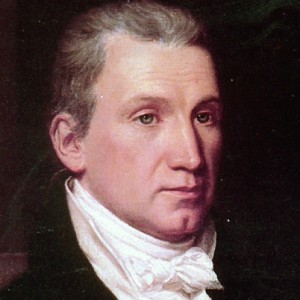
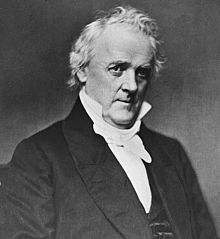
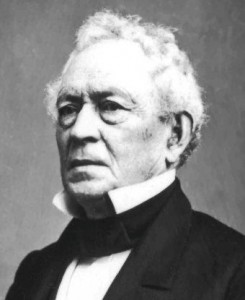
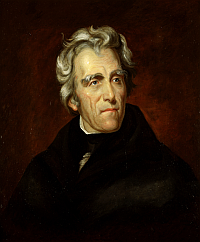
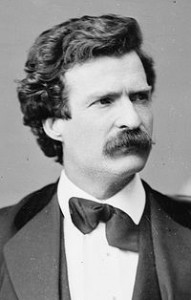
 RSS - Posts
RSS - Posts